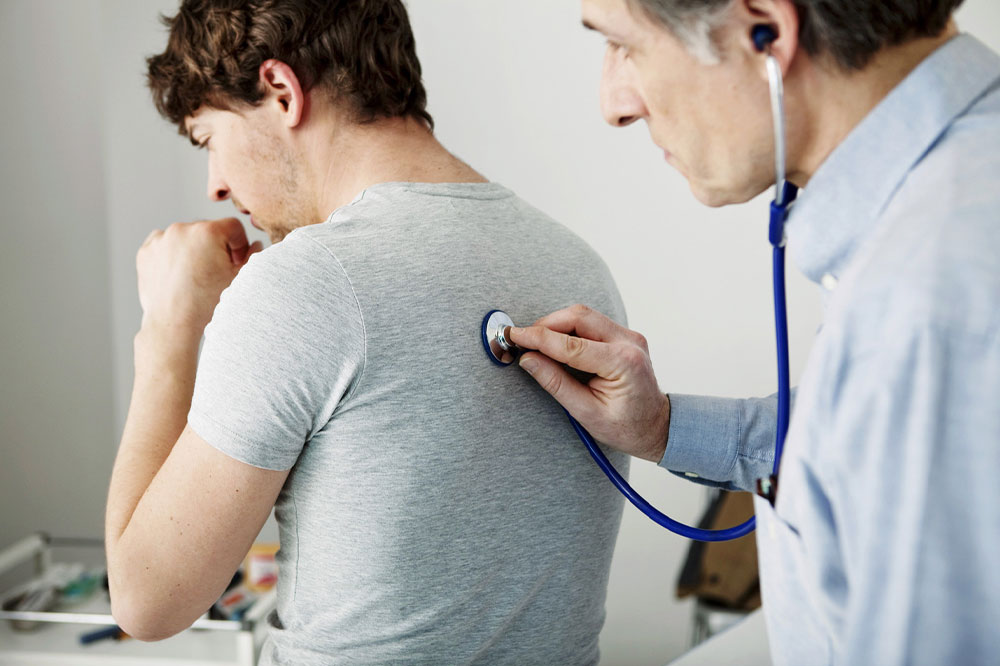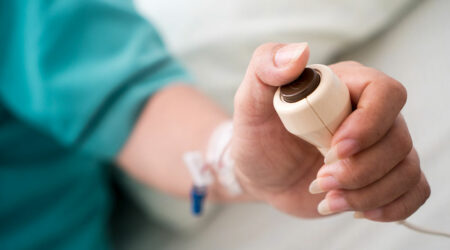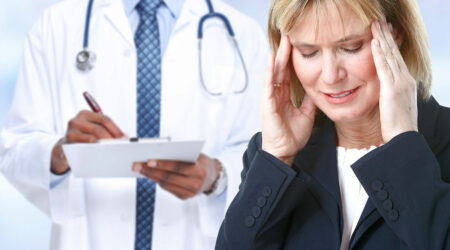
Essential things to know about COPD
Chronic Obstructive Pulmonary Disease (COPD) is a chronic lung disease. It is the inflammation of the airways that obstructs the air passage. People afflicted with COPD are at an increased risk of developing other ailments like lung cancer and heart disease.
Causes
The primary cause of contracting COPD is exposure to tobacco smoke. So, whether you are an active smoker or a passive smoker, you are at a higher risk. Exposure to other lung irritants like air pollution at work or home and respiratory infections also increases the risk.
Symptoms
Symptoms of COPD include a combination of these factors:
- Frequent wheezing or coughing
- Excess sputum or phlegm
- Breathlessness
- Trouble in deep breathing
Diagnosis
Often COPD is not diagnosed until it has reached an advanced stage. Your doctor will assess your signs and symptoms, review your medical and family history, and discuss if you have had exposure to irritants such as cigarette smoke. Several tests may be prescribed to arrive at the correct diagnosis for effective COPD treatment.
- Lung function tests
This test, also called spirometry, measures the amount of air you are able to inhale and exhale. It helps to assess whether your lungs are able to supply enough oxygen to your blood. - Chest X-ray
An X-ray can detect the presence of emphysema, a primary cause of COPD. It can also help rule out other lung problems. - CT Scan
A CT scan can show emphysema and help in deciding if surgery would be beneficial. - Arterial blood gas analysis
The test measures the efficiency with which your lungs bring in oxygen and remove carbon dioxide.
Treatment options
Some therapy and curbing smoking are usually the best lines of treatment for people with mild forms of COPD. However, people with advanced COPD need more dedicated COPD treatment. Still, quitting smoking is the primary requirement. Other COPD treatment options are medications. Your doctor may prescribe the medicines as per need or to be taken regularly.
- Bronchodilators
They are available as inhalers which act as muscle relaxants around the airways. They help to breathe easier by relieving shortness of breath and cough. - Inhaled steroids
The medicines reduce exacerbations of COPD and reduce airway inflammation, for example, Fluticasone. - Combination inhalers
Some medicines are a combination of bronchodilators and inhaled steroids, for example, Fluticasone and Vilanterol. - Oral steroids
Oral steroids are beneficial for people who experience moderate to severe exacerbation for some periods of time. They prevent further worsening of COPD. - Theophylline
It is prescribed when other treatments prove ineffective or when the cost is a constraint. - Antibiotics
They help treat periods of worsening of COPD, generally an outcome of respiratory infections like pneumonia, influenza, etc.
Best foods to have
A healthy diet does not cure COPD. However, it can help your body keep away from infections, manage COPD, and improve your quality of life. A diet having more fats and fewer carbohydrates can help in the lesser production of carbon dioxide. When you include carbohydrates, go for complex ones that improve the digestive system and aid blood sugar management. Try eating a protein-rich diet consisting of poultry, eggs, and fish. Consume more fresh fruits and vegetables, especially potassium-rich foods like dark leafy green, tomatoes, asparagus, etc.
Preventive measures
Smoke coming from burning tobacco products like pipes, cigars, or cigarettes is the primary culprit for COPD. The best way to prevent COPD is to keep yourself away from second-hand smoke, i.e., smoke exhaled by another smoker in your vicinity. Do not start smoking, and if you do smoke, then you must quit it.
COPD is a lung disease that makes breathing hard and worsens over time. Normally lungs stretch when you breathe air in or out. If you have COPD, the airways will get inflamed, thicken, and become less elastic. Your lungs will find it difficult to breathe air in and out with ease. Medications will generally be helpful in COPD treatment.




